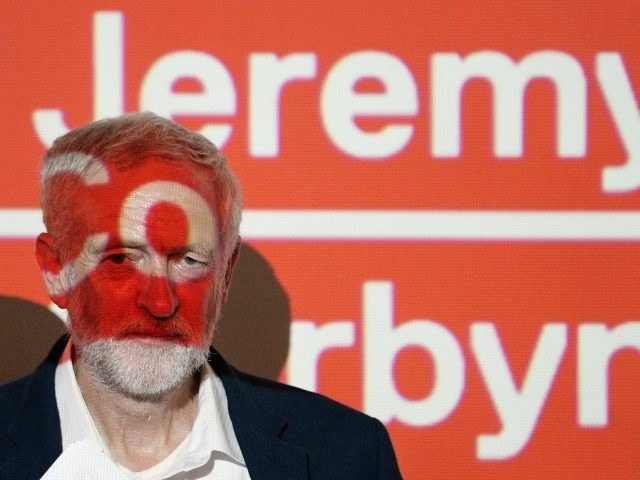LONDON (AP) — Britain’s Labour Party announces the winner of its leadership contest Saturday — but whoever triumphs, the party’s troubles are far from over.
Left-wing incumbent Jeremy Corbyn is strongly favored to defeat challenger Owen Smith and retain leadership of a divided party that’s a long way from defeating the governing Conservatives, and split about whether it values political principles over gaining power.
Tony Travers, a professor of government at the London School of Economics, says Labour is “like a miserable, unhappy family trying to coexist.”
Like Bernie Sanders, who shares some of Corbyn’s outlook, or Donald Trump — who definitely doesn’t — Corbyn is a sign of how the political center ground has eroded.
The 67-year-old socialist spent more than 30 years as a backbench Labour lawmaker, never holding a senior role and best known for his frequent rebellions against the center-left party leadership. When he ran for leader a year ago, few expected him to win.
But he was propelled to victory by thousands of new members who joined Labour to back him.
For Corbyn supporters, it was a chance to repudiate the centrist “new Labour” vision of former Prime Minister Tony Blair, who won three elections but became too cozy with big business for some tastes, and took Britain into the U.S.-led Iraq War.
Tens of thousands more new members have flocked to Labour since Corbyn was elected, many of them young and enthusiastic. Corbyn draws big crowds to rallies and meetings, and his supporters are a formidable force on social media.
His followers — dubbed Corbynistas — see Labour as a mass movement for social justice, similar to Spain’s Podemos, rather than simply a machine for winning elections.
Other Labour members, and most of the party’s lawmakers, want power and think Labour can’t win it while Corbyn is in charge. They argue that his policies — including re-nationalization of the railways and unilateral nuclear disarmament — don’t speak to ordinary voters.
He’s a lackluster performer in Parliament, and gave muted support to the European Union during this year’s referendum campaign, a factor some think contributed to the “leave” victory.
After the referendum more than 170 of Labour’s 230 MPs declared no-confidence in Corbyn, but he refused to resign, sparking Smith’s leadership challenge.
The little-known Smith failed to generate much enthusiasm. Corbyn’s supporters are confident they have won a majority of the votes cast by more than 600,000 eligible party members and supporters.
The contest has been nasty, fraught with online name-calling and allegations that the leadership of the strongly pro-Palestinian Corbyn has fostered anti-Semitic abuse in the party.
Analysts say a weak and divided political opposition is a danger for Britain at an uncertain time, as the country negotiates its exit from the EU.
“You end up with a situation where nobody is watching what the government is doing,” said Victoria Honeyman, a politics lecturer at the University of Leeds. “When that happens, you end up with poor legislation.”
Speaking before the result was announced, Corbyn called on party members to “wipe the slate clean” and unite, whoever won. That seems a distant prospect while the two sides trade blame for the party’s woes.
Pro-Corbyn lawmaker Richard Burgon said he hoped colleagues “who have expended so much energy in the last 12 months trying to remove Jeremy Corbyn will now focus their talents, their energies and their experience on taking the fight to the Conservatives.”
But John McTernan, a former senior adviser to Blair, said he would not stop opposing Corbyn.
“He is nothing other than a complete and utter disaster for the Labour Party,” McTernan said. “The battle just moves on.”

COMMENTS
Please let us know if you're having issues with commenting.